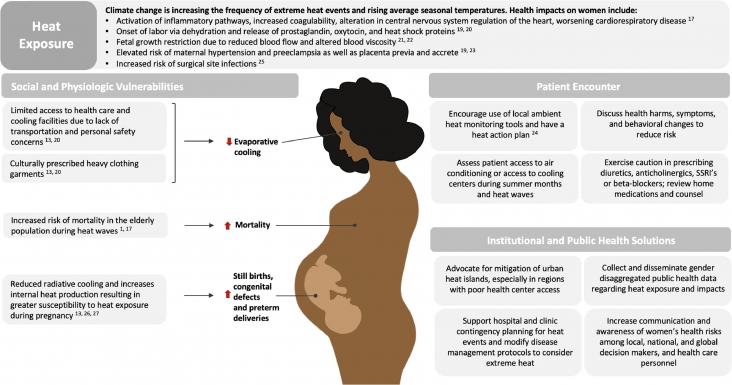With climate models predicting a decrease in soil moisture conditions in many regions in the future, it is crucial for soil ecology to comprehend how springtails respond to soil condition changes. A study by Wang et al., 2022 investigating the effects of soil moisture on the euedaphic springtail, Folsomia candida, found that reproduction was the most sensitive to soil water potential, suggesting that population recruitment is limited to periods of high soil moisture, while body growth and activities may continue in moderately dry soil, contributing to species resilience during drought.
Elsevier,
Current Developments in Biotechnology and Bioengineering: Microplastics and Nanoplastics: Occurrence, Environmental Impacts and Treatment Processes, 2023, Pages 387-403
This chapter aligns with Goal 6: Clean water and sanitation, Goal 13: Climate action, and Goal 14: Life below water by providing an overview of the state of knowledge of interactions between climate change and MPs/NPs.
Elsevier,
Wind Turbine Icing Physics and Anti-/De-icing Technology, Wind Energy Engineering, 2022, Pages 135-168
This chapter contributes to SDG goals 7, 11, and 13, by explaining advanced techniques for wind turbine icing mitigation, supporting improved performance and durability of wind turbines, a crucial renewable energy source for sustainable development and climate objectives.

Climate change threatens to widen existing gender-related health disparities as well as socioeconomic disparities among women.
Research on the impacts of climate change on mental health and mental health-related systems will assist decision-makers to develop robust evidence-based mitigation and adaptation policies and plans with the potential for broad benefits to society and the environment.
Article showing the relation between Good Health (SDG 3) and Climate Change (SDG 13).
The anticipated effects of climate change on microbial food safety are both direct (e.g., on microbial prevalence) and indirect (e.g., increased risk of floods on water microbial contamination). This paper highlights the necessity to build a quantitative framework to evaluate the effects of climate change on microbial food safety.

This article presents five actionable strategies to engage and empower young people with climate and ocean science to support ocean sustainable development.
![[2-column fit]. Normal red-green-blue (A, C, E) and infrared (B, D, F) images of in-situ playground surface temperatures at 3 of the 10 playgrounds visited within metropolitan Sydney (NSW, Australia).](https://sdgresources.relx.com/sites/default/files/styles/sus_content_listing_image/public/1-s2.0-s0360132322007314-gr1_lrg.jpg?itok=Lgit6waW)
Selection of appropriate material type and colour-tone, together with the provision of shade can remove the hazard risk for contact skin burns from outdoor playgrounds. Results of this work will assist playground designers and managers to provide safer places for our children to play longer in increasingly warmer summers.
Strategies to decarbonize the hard to abate iron and steel sector.
